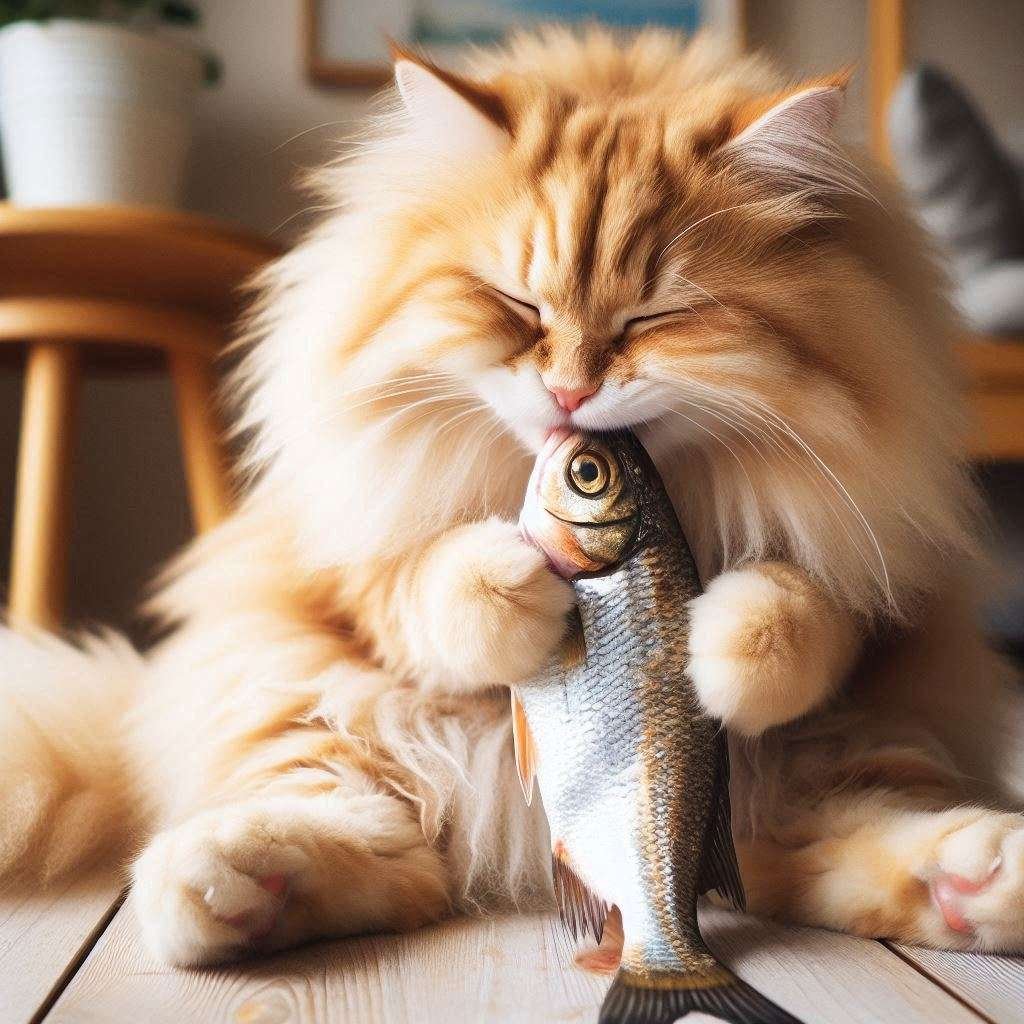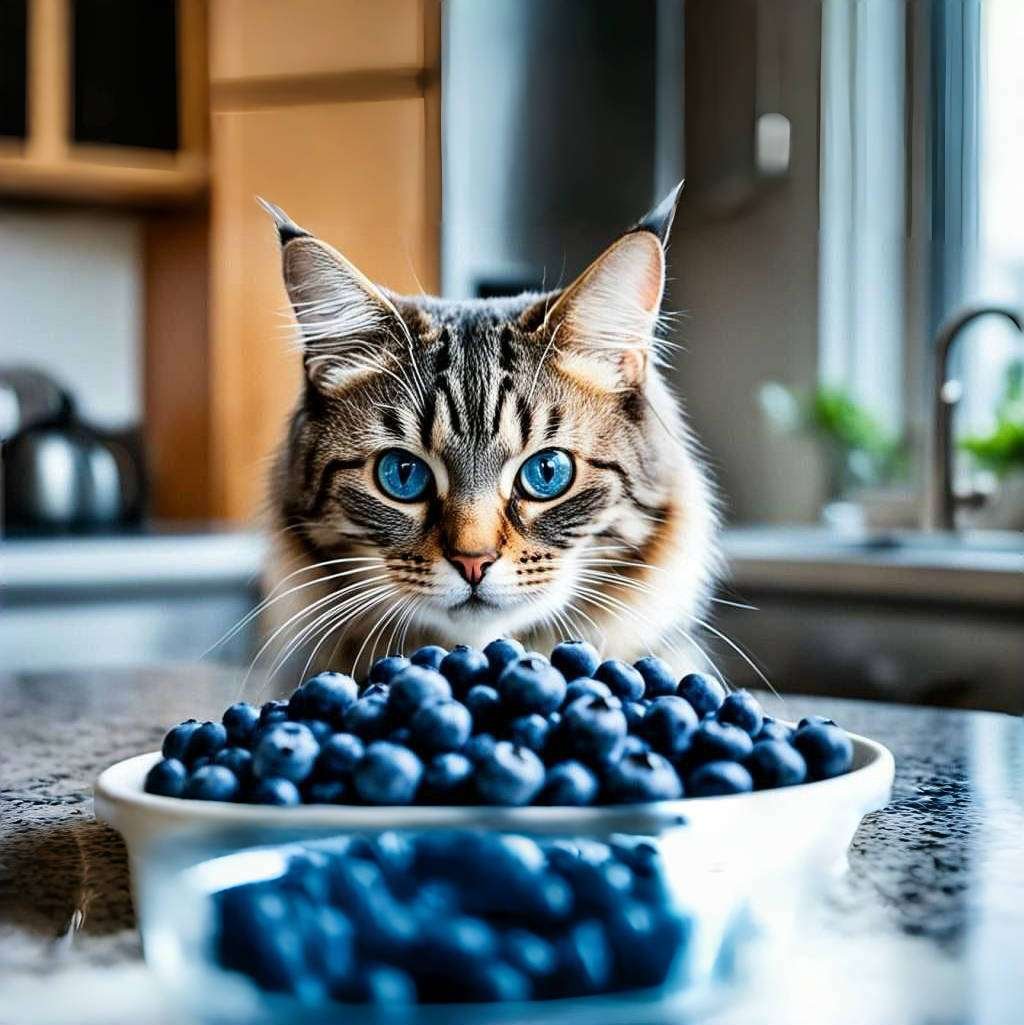Can cats drink coffee? Coffee is a big part of our daily lives, but it’s dangerous for cats. Cats can’t handle caffeine well, and drinking coffee can cause big health problems. These problems include being too hyper, vomiting, a weird heartbeat, shaking, and even seizures. As a pet owner, knowing the risks of caffeine exposure is key to keeping your cat safe.
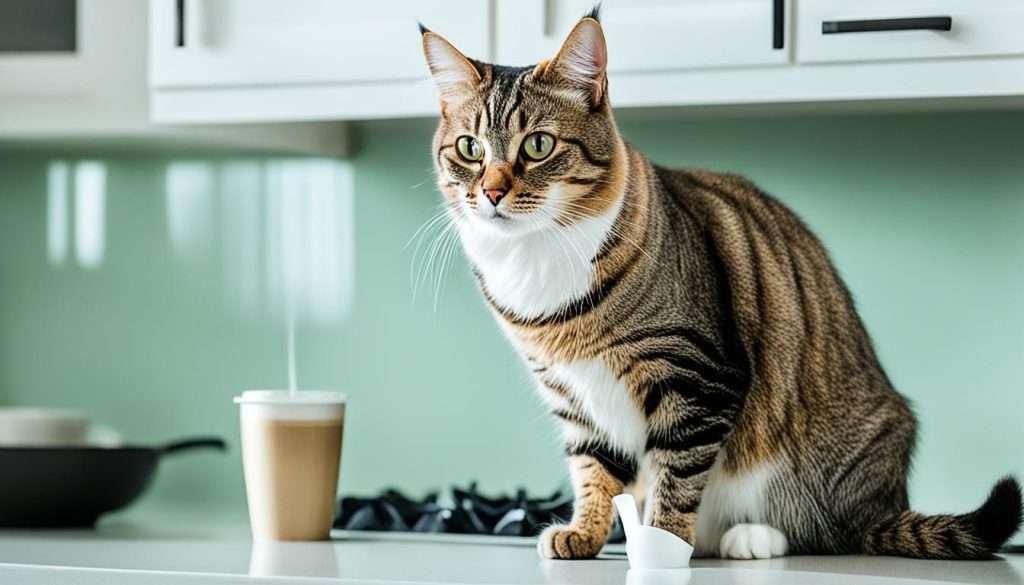
Key Takeaways
- Cats have a much higher sensitivity to caffeine compared to humans.
- Ingesting coffee or other caffeinated products can cause serious health issues in cats, such as hyperactivity, vomiting, and seizures.
- It’s important for pet owners to be aware of the dangers of caffeine exposure and take steps to keep their cats safe.
- Veterinary experts recommend avoiding all caffeinated foods and beverages for cats.
- Seeking immediate medical attention is crucial if a cat shows signs of caffeine poisoning.
Exploring the Risks of Caffeine for Feline Friends
Cats are much more sensitive to caffeine than humans. This stimulant can make a cat’s blood pressure go up, cause heart rhythm problems, and lead to muscle control loss. This results in tremors and seizures. Even a little bit of coffee, tea, or other caffeinated items can be very toxic to cats.
Caffeine Sensitivity and Toxicity in Cats
Caffeine sensitivity in cats is a big worry. Their bodies can’t handle this substance well. Even a tiny bit of caffeine exposure can be very bad for our feline friends.
Symptoms of Caffeine Poisoning in Cats
Symptoms of caffeine poisoning in cats include being very active, vomiting, feeling restless, having a high body temperature, a fast heart rate and blood pressure, shaking, and in bad cases, falling down and seizures. These signs can be very serious if not treated right away.
To keep your cat safe, make sure to store all caffeinated items out of reach. Never leave coffee cups or tea bags where a cat can get to them. Teach your family about the dangers of feline caffeine exposure to prevent accidents.
“Cats are much more sensitive to the effects of caffeine compared to humans. Even small amounts of coffee, tea, or other caffeinated products can be highly toxic to cats.”
By knowing the risks of caffeine sensitivity and toxicity in cats, pet owners can keep their cats safe and healthy.
Is Coffee Poisonous to Cats?
Coffee is highly toxic and poisonous to cats. It should never be given to them. The main concern is the caffeine in coffee, which can be deadly for cats. Feeding cats coffee grounds, beans, or coffee-flavored foods can cause serious health problems. These include hyperactivity, vomiting, abnormal heart rhythms, and seizures.
The ASPCA says caffeine is as harmful as chocolate for pets. Cats are more affected by caffeine than humans. High doses can lead to heart issues and seizures.
The Pet Poison Helpline notes that a few licks of coffee are unlikely to harm. But, coffee grounds are more dangerous. A cat needs about 75-100 milligrams of caffeine per pound of body weight to be at risk. Decaffeinated coffee can also upset a cat’s stomach.
If your cat eats coffee or a caffeinated product, call your vet right away. They may need intravenous fluids, medicines for muscle tremors, seizures, and heart issues. Quick vet care is key for treating coffee toxicity in cats.
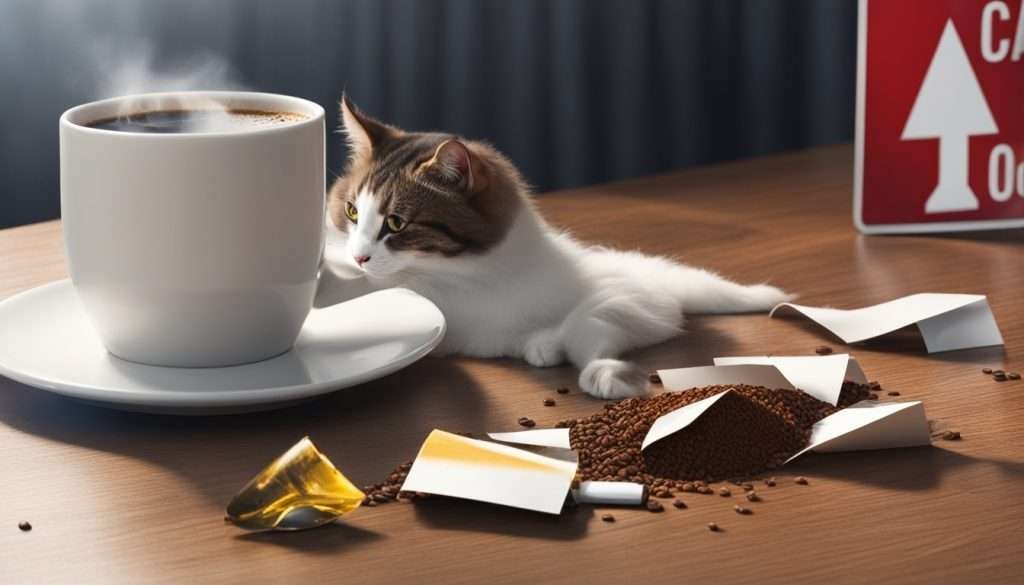
“Cats should not drink coffee due to the caffeine it contains and its limited nutritional value. High doses of caffeine in cats can lead to serious signs such as heart issues and seizures.”
In summary, coffee is very dangerous for cats and should be kept away from them. The risks of coffee toxicity in cats are too great. Pet owners must watch out to keep their pets safe from coffee.
Can Cats Drink Coffee?
The Definitive Answer for Pet Parents
As pet owners, it’s key to know that cats should not drink coffee or other caffeinated drinks. Coffee has a lot of caffeine, which is bad for cats. It can cause serious health problems.
Cats are very sensitive to caffeine because they are small. Just a little coffee can make them very active, thirsty, and sick. They might vomit, have diarrhea, or even have heart problems.
Just 9 milligrams of caffeine per pound of a cat’s weight can be harmful. A single coffee cup has about 95 milligrams, which is too much for a cat. More than 75 milligrams can cause seizures.
If a cat drinks coffee or another caffeinated drink, see a vet right away. They might make the cat vomit or give fluids to help get rid of the caffeine.
As pet parents, our main goal is to keep our pets safe. Keep coffee and caffeinated drinks away from your cat. Knowing the dangers of can cats have coffee, is it safe for cats to drink coffee, and can cats consume coffee helps us protect our cats.
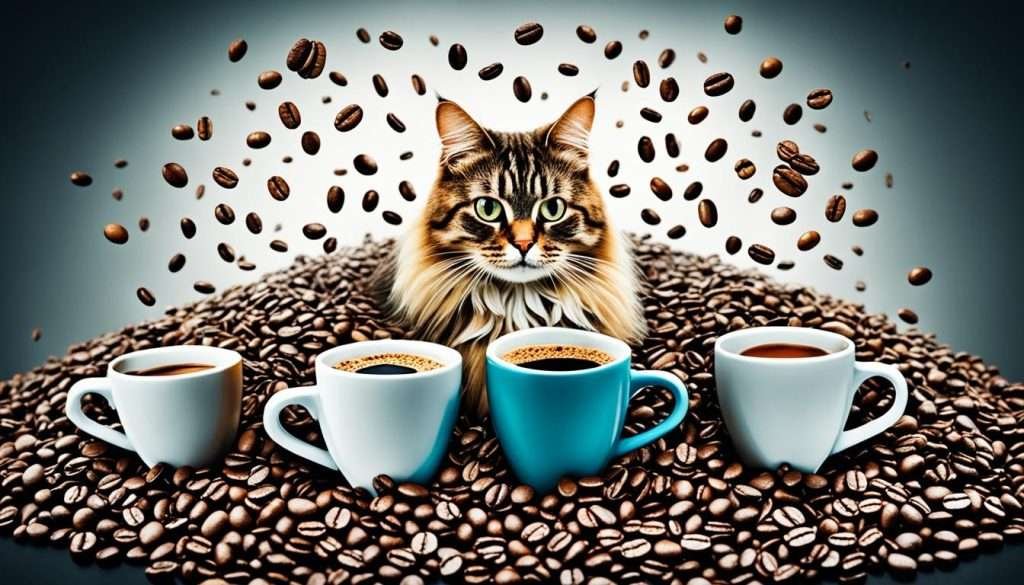
Caffeine-Containing Foods and Beverages to Avoid
Coffee is not the only caffeinated drink that can harm our cats. Cats are very sensitive to caffeine and other stimulants. Even small amounts in common items can cause serious health issues. It’s important for pet owners to know which foods and drinks have caffeine and keep them away from cats.
Keeping Your Kitty Safe from Caffeinated Treats
Other than coffee, cats should avoid these caffeinated products:
- Tea
- Cola and other carbonated beverages
- Energy drinks
- Chocolate (contains methylxanthines, which are toxic to cats)
- Some supplements and over-the-counter medications
Even a little bit of these items can make cats feel restless, breathe fast, have a racing heart, and shake. In bad cases, it can cause seizures and even be deadly.
To keep your cat safe, watch what they eat and drink. Make sure they only have foods and drinks that are safe for them. Giving them treats and water without caffeine is the best way to keep them healthy.
| Caffeinated Product | Caffeine Content | Potential Risks for Cats |
|---|---|---|
| Coffee (8 oz cup) | 95-200 mg | Restlessness, rapid breathing, heart palpitations, seizures |
| Black tea (8 oz cup) | 47-90 mg | Restlessness, rapid breathing, heart palpitations, seizures |
| Energy drink (8 oz can) | 50-160 mg | Restlessness, rapid breathing, heart palpitations, seizures |
| Dark chocolate (1 oz) | 20-35 mg | Vomiting, diarrhea, hyperactivity, abnormal heart rhythm, seizures, death |
By keeping caffeinated foods and drinks away from your cats, you can keep them safe. Always put their health and happiness first.
Alternatives to Coffee for Cat-Friendly Hydration
Cats should never have coffee or caffeinated drinks. It’s important to give them safe water instead. This is key for their health and happiness. You can also give them special, non-caffeinated drinks to keep them hydrated and cheerful.
Refreshing Water-Based Treats
Water-based treats are great for your cat’s hydration. Look for cat-friendly broths or purees without onion, garlic, or too much salt. These can be a tasty snack or added to their food to make them drink more.
Lactose-Free Milk Alternatives
Cow’s milk isn’t good for cats because they can’t digest lactose well. But, lactose-free milk alternatives can be an option. Goat’s milk has less lactose and is good for their stomach.
Hydrating Fruits and Vegetables
Some fruits and vegetables can help your cat stay hydrated. Cantaloupe, for example, is mostly water and is a healthy snack. But, introduce new foods slowly and in small amounts to make sure they’re okay.
It’s important to give your cat safe drinks for cats, cat-friendly hydration options, and non-caffeinated beverages for pets. These options will help keep your cat happy, healthy, and well-hydrated.
“Proper hydration is crucial for a cat’s overall health and well-being. By offering a range of safe, non-caffeinated options, you can help your feline friend stay happy and healthy.”
Handling Accidental Caffeine Ingestion in Cats
If you think your cat has eaten coffee, tea, or another caffeinated item, act fast and get vet help. Caffeine poisoning in cats can show as hyperactivity, vomiting, a fast heart rate, tremors, and seizures. Your vet might make your cat vomit or give other treatments. Quick vet care is key because caffeine can be deadly for cats.
Seeking Veterinary Care for Caffeine Toxicity
First, call your vet if your cat eats caffeine. Caffeine is very bad for cats and can cause serious health issues or even death. Your vet will check your cat, figure out what to do next, and watch your cat closely.
Your vet will want to know what your cat ate and any signs you’ve seen. They might do tests like blood work or urine tests to see how bad it is. Treatment for cat caffeine toxicity could be making your cat vomit, giving activated charcoal, fluids through an IV, and watching their health until the caffeine is gone.
The toxic dose of caffeine for cats is very low. Just 20 milligrams per pound of body weight can be harmful. Cats like Siamese, Himalayan, Siberian, Bengal, and Ragdoll are more sensitive to caffeine. So, be extra careful if your cat is one of these breeds.
Quick and right vet care is key for handling accidental caffeine ingestion in cats. Acting fast and getting professional help can help your cat recover fully and avoid serious caffeine dangers.
Conclusion
Cats should never have coffee or caffeinated products. These items have high caffeine and toxins that are bad for them. They can cause hyperactivity, vomiting, irregular heartbeat, tremors, and seizures.
As pet owners, keep coffee, chocolate, soda, and other caffeinated items away from your cat. Give your cat safe, caffeine-free treats. If your cat accidentally eats something bad, get vet help fast.
It’s clear: cats and coffee don’t go together. Keeping your cat away from caffeine is key for their health. By doing this, you help your cat live a happy and healthy life.

